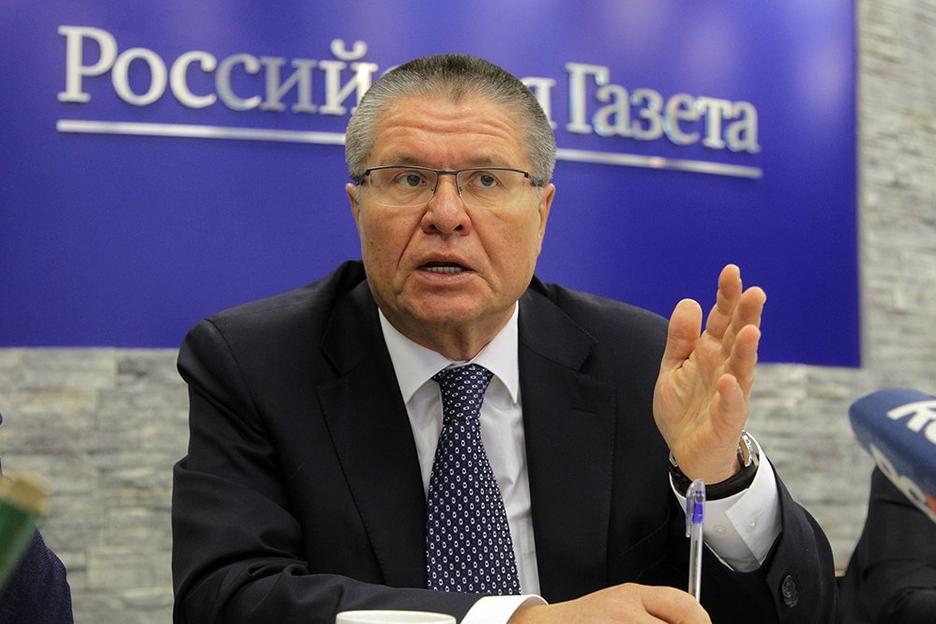Alexey Ulyukayev, Russia’s Economic Development Minister, spoke in an interview to RIR about the state of Russia-India economic cooperation.

How is the Russian-Indian trade developing? Do the current volumes correspond to the potential of the two countries?
AU: Trade and economic cooperation between Russia and India is showing a significant margin of safety. For well-known economic and geopolitical reasons, the bilateral trade in recent years has reduced in value. In the first half of 2016, we recorded a decrease in turnover by more than 11%. Nevertheless, the situation is improving: we have managed to restore the positive dynamics of Indian exports to Russia, and hope to improve the situation with Russian exports as well.
Despite the decline in trade turnover in terms of value, there is a mutual growth in trade in physical volumes. Last year, the Russian export of non-primary goods to India increased by 51.9% in volume, while in the raw materials group, there is an even more significant increase: the volume of exports rose by 90.8%.
In a number of areas of bilateral cooperation we have achieved a real breakthrough. Recently, Russian President Vladimir Putin and Indian Prime Minister Narendra Modi held an official ceremony for the transfer of the first Kudankulam nuclear power plant. The second unit is connected to the grid. The construction work on units 3 and 4 is in full swing. We expect that in the framework of the October Summit, agreements on power units 5 and 6 will be signed.
We have made significant progress in cooperation in oil and gas production. We have signed agreements on Indian investors’ involvement in development of the Vankor oil and gas field; Indians will hold a 49.9 per cent stake in the project. Rosneft plans to gain a foothold in the Indian market, with a capital investment in one of India’s largest refiners, “Essar Oil.”
At what stage is the project for the opening of the Russian Trading House in India? Is this is an alternative to trade missions?
Setting up the Russian Trading House in India is one of our priorities for the near future. We are working on the legal and organizational status of the future representation of the “REC” in accordance with the national laws of India. We are also actively working on the search of partners for Russian exporters in the Indian market. Organization of the national pavilion of Russian export-oriented companies at the first trade fair of the BRICS will definitely give additional impetus to the expansion of the Russian-Indian trade relations, and increased interest in Russian products in the Indian market.
Opening of the “REC” representative office in India and the subsequent full-scale launch of the Trading House will considerably extend the list of services to support Russian exports, rendered by the Trade Representatives of Russia in India at the moment. Commercial challenges facing the trading houses in foreign countries are not at all identical to the wide range of issues in the development of foreign economic activity, which the foreign wings of Economic Development represented by trade missions is responsible for, and which also hold a diplomatic status. The interaction among the trading houses of JSC “REC” and the trade missions of the Russian Federation, as we expect, will give a powerful synergy in promoting Russian economic and trade interests, while providing support for domestic businesses and exporters.
How are the joint projects of the businessmen from BRICS members, including Russia and India, developing?
Against the background of a weak global economic recovery and the existing risks, business between our countries increasingly assumes joint projects. It is important that our business communities see each other as reliable and prospective business partners.
Among the priority areas are energy, mining, aviation, aerospace, mechanical engineering, electronics, information technology and medicine. Rosneft, Power Machines, Russian Helicopters are successfully implementing joint projects with their partners. The Russian Railways, Rostec, Rosatom, and many other large and medium-sized Russian companies have set themselves some ambitious plans.
We expect the momentum creating an expansion of business contacts and the portfolio of existing projects to accelerate after the first BRICS trade fair, for which Russia and the Partner countries are now finalising their exposition and business programme.
With India being the current BRICS chairman, on the agenda we have a free trade agreement, a new investment agreement, an expansion of settlements in national currencies, the development of the “North-South” international transport corridor and a start of facilitated customs clearance within the “Green Corridor” joint initiative.
We are creating the base for a qualitative improvement in economic and investment cooperation between the two countries, which, I am sure, will allow us to reach the targets of increasing the turnover to $ 30 billion and investments to $ 15 billion in 2025.